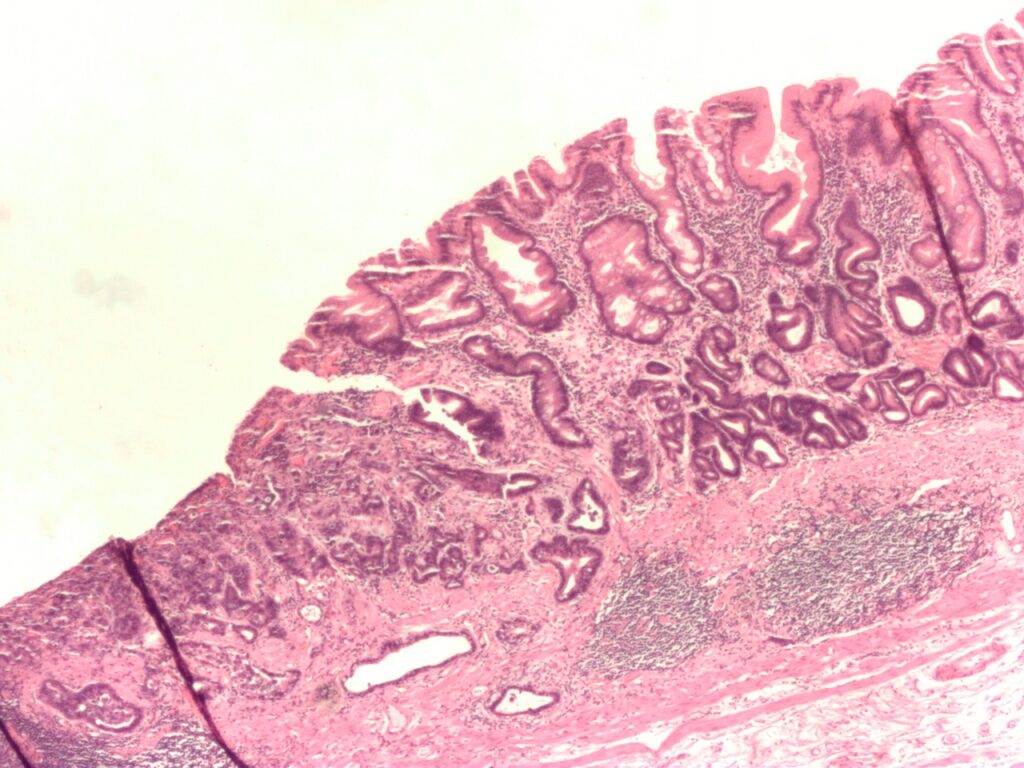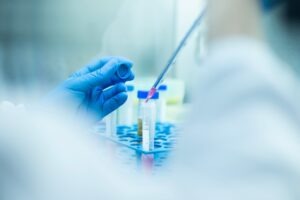Biopharmaceutical firm Harbour BioMed (HBM) and AstraZeneca have entered into a global out-license agreement for CLDN18.2xCD3 bispecific antibody HBM7022.

HBM7022 has shown ability to treat wild type Claudin18.2 positive gastric cancer in pre-clinical studies. Credit: Nephron/ commons.wikimedia.org.
Subscribe to our email newsletter
HBM7022 has been produced from HBM’s HCAb Based Immune Cell Engagers (HBICE) Platform.
It crosslinks tumour and T cells by targeting a tumour-associated antigen (Claudin18.2) and CD3 that leads to activation of potent T cell as well as the removal of tumour.
The bispecific antibody is currently in the pre-clinical stage.
HBM stated that HBM7022 has shown ability to treat pancreatic cancer, wild type Claudin18.2 positive gastric cancer, and mutated Claudin18.2 gastric cancer in pre-clinical studies.
Under the deal, AstraZeneca will have an exclusive license for the research, development, registration, production, and commercialisation of HBM7022 across the world.
The company will also be solely responsible for all the costs and activities that are associated with further development and commercialisation of the antibody.
AstraZeneca Oncology Research and Development executive vice-president Susan Galbraith said: “We are excited to enter into this agreement with Harbour BioMed for the development of the next-generation bispecific antibody HBM7022.
“This molecule is designed to harness the body’s immune system T cell response, with potential for strong efficacy across solid tumors including gastric and pancreatic cancers, both of which comprise large populations of patients with major unmet medical need.”
As per the terms of the agreement, HBM will receive $25m in upfront payment and additional payments of up to $325m upon achievement of certain development, regulatory and commercial milestones.
Additionally, the company will be eligible for tiered royalties on net sales of the product.
 Advertise With UsAdvertise on our extensive network of industry websites and newsletters.
Advertise With UsAdvertise on our extensive network of industry websites and newsletters.
 Get the PBR newsletterSign up to our free email to get all the latest PBR
news.
Get the PBR newsletterSign up to our free email to get all the latest PBR
news.

